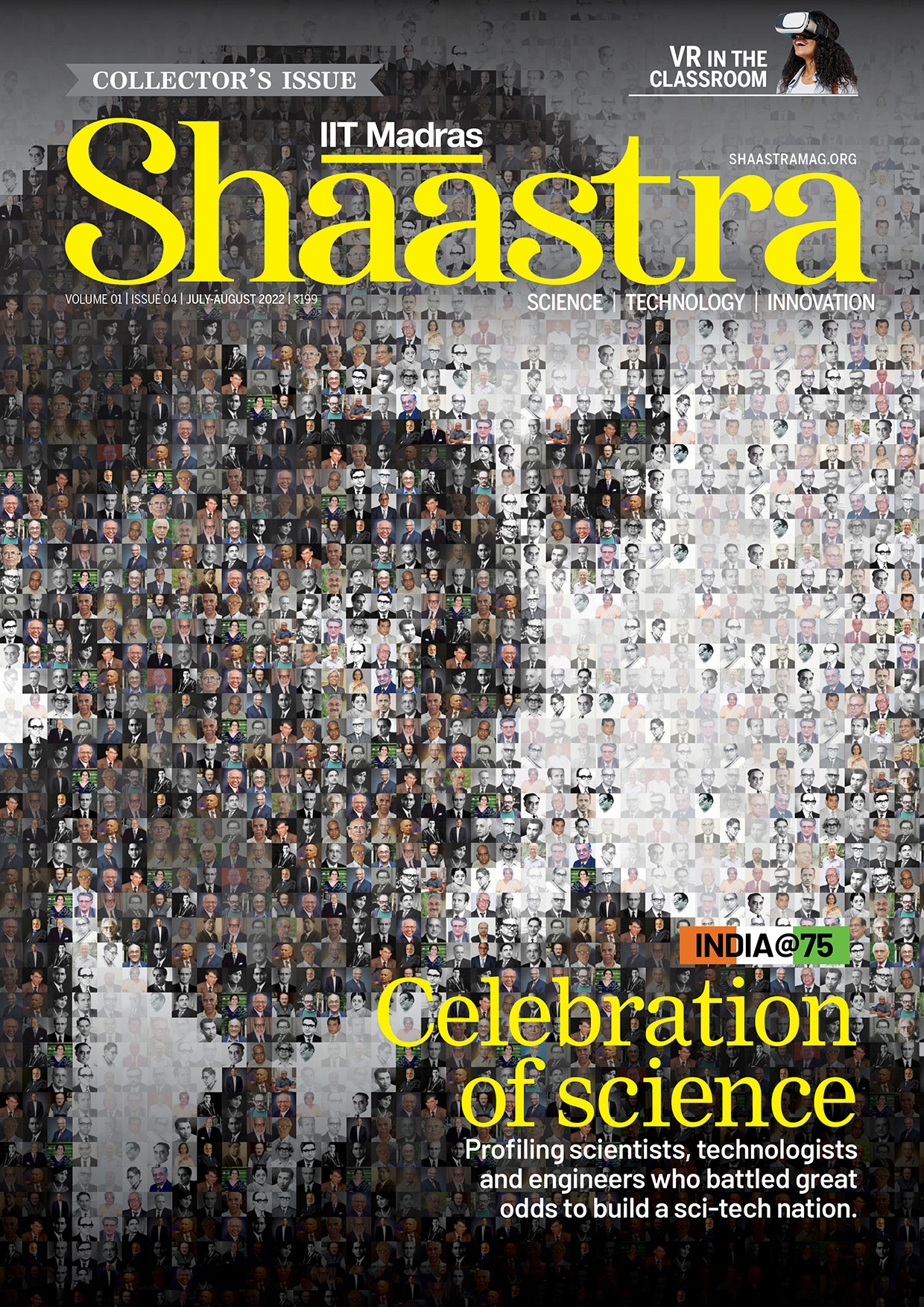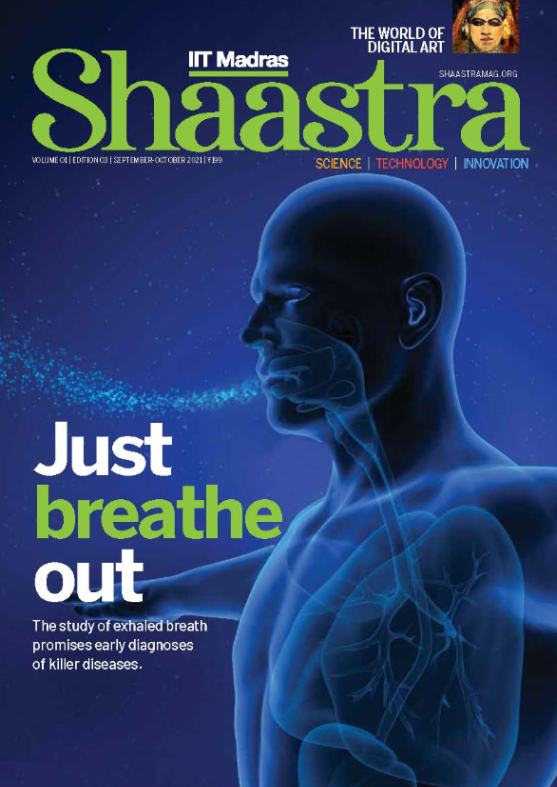Let there be water
-
- from Shaastra :: vol 03 issue 05 :: Jun 2024

The world faces a water crisis. But researchers are tapping advanced science to avert it.
Farmers in Mandollagudem, some 40 kilometres southwest of Hyderabad, were finding it difficult to grow paddy, the region's principal crop. In a rocky terrain in the Yadadri Bhuvanagiri district of Telangana, the village primarily depended on groundwater for cultivating crops and domestic consumption. The district gets 20% less rainfall on average compared to neighbouring districts. To top it, the terrain makes it hard for rainwater to percolate through to the aquifers. With water being scarce, villagers farmed only 12% of the land. Many migrated to the cities.
Then, about 10 years ago, a team of scientists arrived at the village as part of an experimental hydrogeological park being set up for an Indo-French research project. Using hydrogeophysical data about Mandollagudem and neighbouring villages, they constructed a percolation tank spread over five acres. Within one year, groundwater levels began rising in the village and neighbouring areas. The cropped area went up from 400 acres in 2015 to 1,000 acres in less than a decade. "Most farmers who migrated to cities for a livelihood have come back as farming has once become a viable option for them," says Virendra M. Tiwari, former Director of the Hyderabad-based National Geophysical Research Institute that oversaw the recharge project.
Groundwater recharging is a simple technique — believed to be at least 2,000 years old. Methods such as making water channels were common in the Indus Valley, as well as in ancient China, Brazil, and Spain. Science came into the picture in 1856, when French engineer Henry Darcy developed an equation – called Darcy's Law – that could describe the flow of water through a porous solid. Darcy laid the theoretical foundations of hydrogeology, the science of movement and distribution of water through the Earth's crust. In the early 20th century, American geologist Oscar Edward Meinzer used the equation to develop the principles of groundwater hydrology.
PAST ISSUES - Free to Read


Have a
story idea?
Tell us.
Do you have a recent research paper or an idea for a science/technology-themed article that you'd like to tell us about?
GET IN TOUCH














